Hidden Drivers of Chronic Pain – We Have Been Thinking About Pain All Wrong

What if what we always knew about chronic pain was wrong? 🤔
We are conditioned to think about pain as a direct product of injury. Because of this, we have strong, but incorrect assumption that the severity of pain correlates with the severity of injury.


These beliefs may be true for acute pain or injury, but they have poor carry over to chronic pain conditions. In fact, taking these beliefs into a chronic pain condition likely promotes nocebo and likely worsens outcomes in painful conditions.
As patients and health providers, we put most of our collective energy into the biological factors in pain.
- structural issues
- Inflammation
But we have a strong tendency to discount the psychological and social factors that contribute to pain.
– Fear and avoidance of movement
– False beliefs about the nature of pain
– The role of depression and anxiety in magnifying pain conditions
– How our friends and family deal with pain (walk it off vs rest till it’s better)

.
While addressing the biological factors is important, the psychological and social factors behind pain might be most important in having enduring results.
Without addressing the psycho and social aspects of pain, patients are often in a roller coaster of temporary relief going from doctor to doctor or treatment to treatment never satisfied.
This starts in our office with a change in belief. A belief that your body is strong and anti-fragile. A belief that the body is self-healing and is always striving to maintain homeostasis.

In a perfect world, we hope that our patients start feeling better before we even put our hands on them because they are starting to embrace a stronger, brain-centric view of life and health.



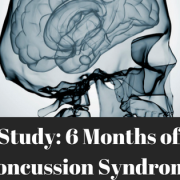
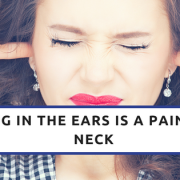
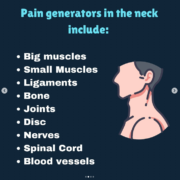
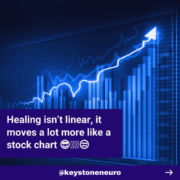

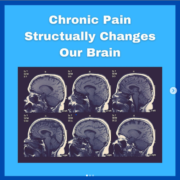


Leave a Reply
Want to join the discussion?Feel free to contribute!